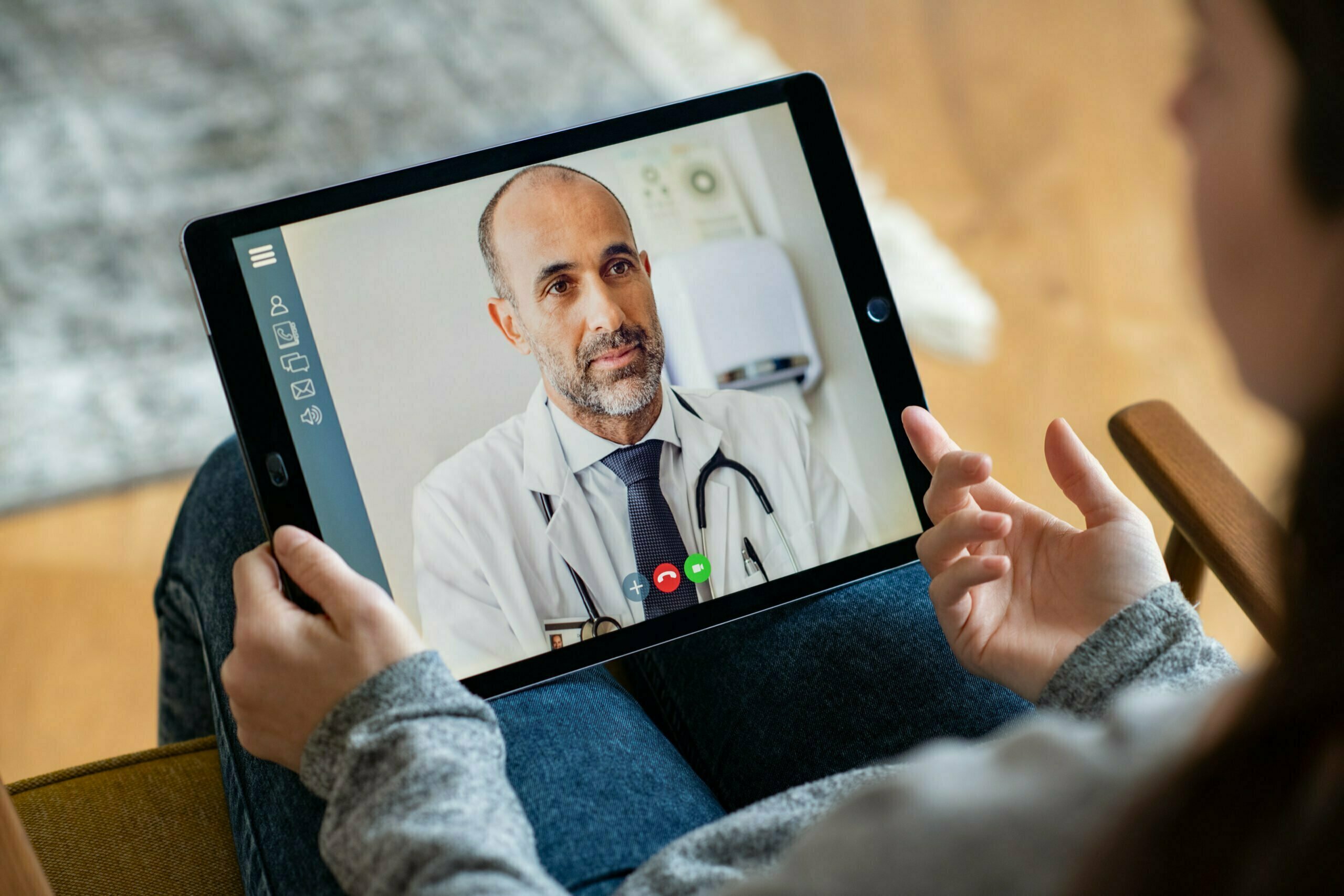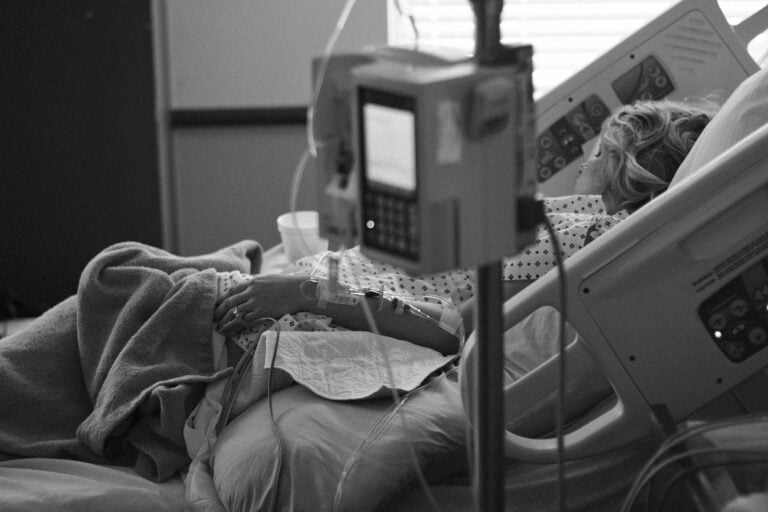Remote patient monitoring (RPM) is a rapidly growing field in healthcare, providing patients with the ability to manage their chronic illnesses from the comfort of their own homes. With the increasing prevalence of chronic diseases such as diabetes, heart disease, and respiratory issues, the demand for RPM technology is greater than ever.
Chronic diseases are a major concern for healthcare providers (HCPs) and patients alike. These conditions are long-term and often require ongoing management, which can be challenging for both parties. Patients with chronic conditions often must make frequent trips to the doctor’s office, which can be difficult, costly, and time-consuming. Additionally, managing these conditions often requires regular monitoring of symptoms and vital signs, which can be difficult to do on a consistent basis.
In this article, we will explore the importance of RPM for chronic disease management (CDM), and how DrKumo RPM solution improves CDM by providing real-time data collection and analysis capabilities.
Examples of Chronic Diseases where RPM Can Be Used
Remote Patient Monitoring can be a huge benefit to both patients and providers by helping to monitor and treat many chronic conditions that patients face. Here are just a few examples:
- Diabetes: HCPs can continuously track and monitor blood sugar levels and other vital health indicators, allowing them to quickly intervene if necessary to adjust treatment plans and prevent complications.
- Heart Disease: HCPs can monitor blood pressure, heart rate, and other cardiovascular indicators remotely, allowing them to quickly detect and address any potential issues.
- Chronic Obstructive Pulmonary Disease or COPD: HCPs can monitor lung function and oxygen levels remotely, allowing them to quickly identify and address any potential issues, leading to better health outcomes for individuals with respiratory issues.
- High blood pressure: HCPs can remotely monitor blood pressure and other vital signs, allowing them to intervene early on, reducing the risk of hospitalization and treatment failure.
- Arthritis, mental health, chronic pain, and kidney disease: HCPs can remotely monitor symptoms and many of their patients’ physiologic data, giving the provider a more complete picture of what is going on with their patients’ health, and allowing them to intervene earlier, when necessary, reducing the risk of hospitalization and treatment failure.
Overall, HCPs benefit from the capability of tracking and monitoring patients remotely, allowing them to quickly intervene when necessary, and improve the management of various chronic diseases. The result is better outcomes and a higher quality of life for patients.
The Importance of Remote Patient Monitoring for Chronic Disease Management
RPM has the potential to revolutionize the way HCPs manage chronic illnesses. This technology offers a number of benefits for individuals with chronic illnesses.
One of the main benefits of RPM is the ability to monitor patients remotely. Remote monitoring allows HCPS to stay up-to-date on their patients’ health and intervene if necessary. It also allows the patient to more effectively monitor their own health. For example, a patient with diabetes can use remote monitoring to monitor their blood sugar levels and alert their HCP if they notice any concerning patterns. This can help prevent complications and improve overall patient care.
In addition to improved health outcomes, remote monitoring also offers increased quality of life for individuals with chronic diseases. Patients no longer need to make frequent trips to the doctor’s office, which can be difficult, costly, and time-consuming. RPM also allows chronic patients to take a more active role in their own healthcare, which can be empowering.
DrKumo Remote Patient Monitoring Solution
DrKumo has developed what could be the first highly secure RPM technology specifically designed to support disease management program (DMP) for HCPs. By utilizing RPM technology solutions for disease management program (DMP) in their practice, HCPs can improve the management of chronic illnesses remotely and more effectively.
DrKumo RPM technology solution is a comprehensive solution that includes tools and resources for tracking and managing patients’ health. The solution includes data analysis and reporting, patient education materials, and support for medication management and adherence. With real-time data collection and analysis capabilities, HCPs can stay up-to-date on their patients’ health and intervene when necessary, ultimately leading to better outcomes and a higher quality of life for individuals with chronic illnesses.
HCPs can also monitor their patients’ symptoms in real-time, which can be incredibly useful in the management of chronic conditions. For example, if a patient’s blood sugar levels suddenly spike, their HCP can be notified immediately and take action to prevent complications.
In addition to real-time data collection and analysis, DrKumo technology solution also includes patient education materials and support for medication management and adherence. This helps patients understand their condition and how to manage it effectively.
Conclusion
It is clear that RPM can help revolutionize the way HCP manage chronic illnesses. With the growing prevalence of chronic diseases, the demand for RPM technology is higher than ever. By adopting remote monitoring, HCPs can improve the care of their patients with chronic conditions, ultimately leading to better quality of life for patients.
Do not miss out on this opportunity to improve CDM. Contact DrKumo today to learn more about their RPM solutions.








